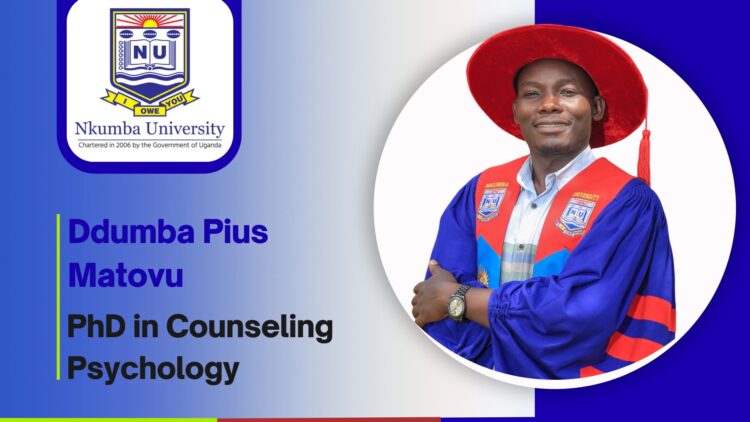BongoBongo Kenya Casino and App is the ultimate destination for gaming enthusiasts looking for excitement and entertainment. This online casino offers a wide range of thrilling games, from classic slots to live dealer experiences, ensuring there is something for everyone. Players can enjoy a seamless gaming experience through either the mobile app or website, both of which are designed for user-friendliness and accessibility.
One of the standout features of BongoBongo is its generous bonuses and promotions, aimed at both new and returning players. Whether you’re a seasoned player or new to the world of online casinos, you’ll find that BongoBongo provides a safe and enjoyable environment to test your luck.
For more information, visit https://bongobongokenya.or.ke/ and start your gaming adventure today!
Ilot Bet Kenya has emerged as a popular online betting platform, offering a wide range of sports and casino games. To enjoy a seamless betting experience, users can easily log in to their accounts. The login process is straightforward, ensuring that players can quickly access their favorite games and betting markets. Simply visit the official website and enter your credentials. For those new to the platform, registration is equally simple and takes just a few minutes. Once registered, returning users can head straight to the login page for instant access to all the features. If you’re looking to enhance your betting experience, check out Ilot Bet Kenya by visiting their website: https://ilotbet.ne.ke/. With a user-friendly interface and various promotions, Ilot Bet Kenya caters to both novice and experienced bettors alike.




















Discussion about this post